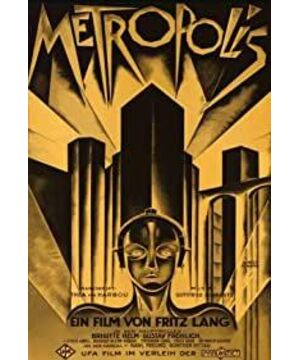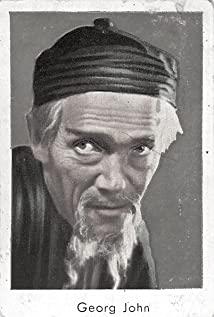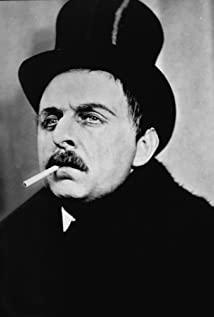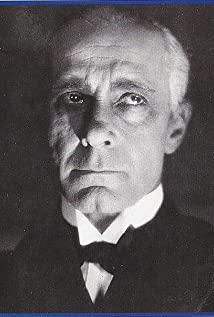Capitalist Frederson - Lord of the Metropolis, Jehovah
In the 1920s, a period of rapid capitalist development, before the global economic crisis of 1929, despite being precariously ruled by an extremely unstable Weimar Republic government, Germany's economy also flourished. On the spring breeze of this development, struggling and swaying to develop their own economy. In this case, capitalists also have a sense of superiority and unquestionable authority.
It must be emphasized that Fredson not only symbolizes the entire capitalist class in the film, but also a metaphorical religious symbol: the God Jehovah.
View more about Metropolis reviews











